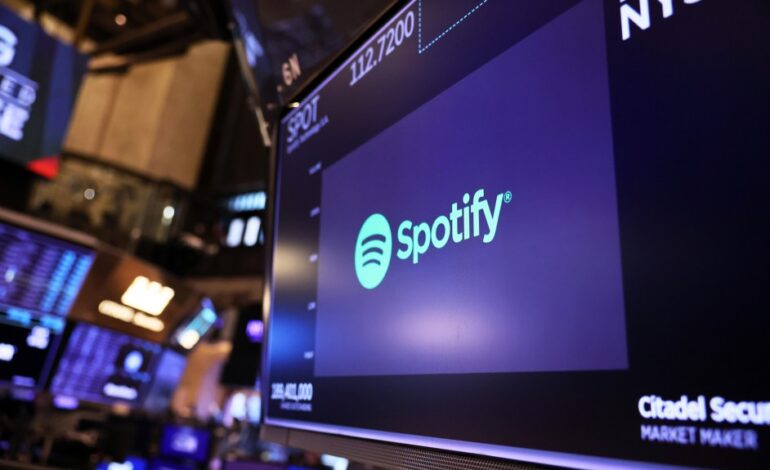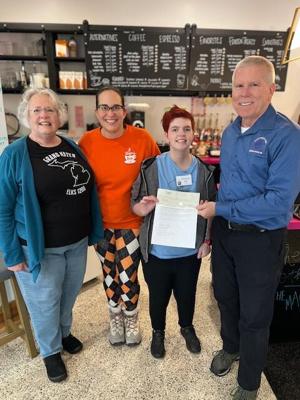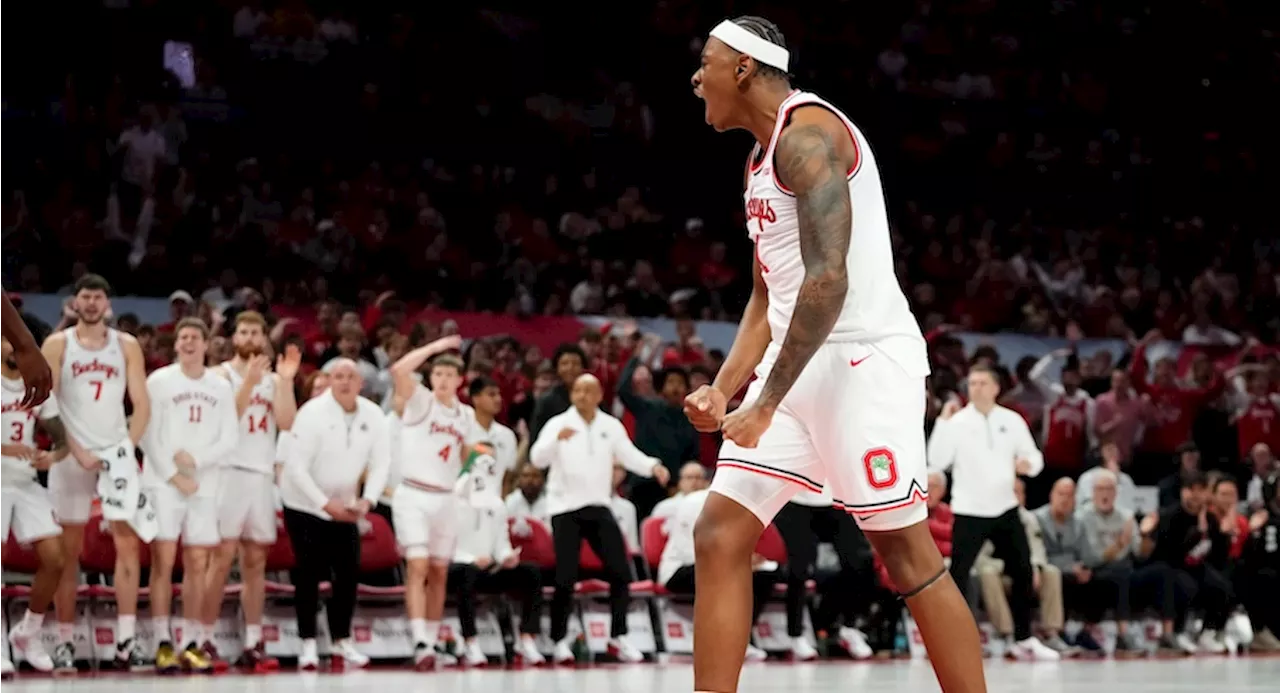Spotify Secures Direct Licensing Deal with Kobalt to Boost Songwriter Royalties

Spotify has entered into a new direct licensing agreement with Kobalt, a significant move aimed at enhancing compensation for songwriters. This announcement follows similar agreements with major music publishers, including Universal Music Publishing Group and Warner Chappell, which were established approximately six months earlier. While specific details of the Kobalt deal remain limited, sources indicate it paves the way for Kobalt to earn beyond the baseline mechanical royalties determined by the U.S. Copyright Royalty Board.
Kobalt’s CEO, Laurent Hubert, emphasized the importance of this partnership, stating it is a “step in the right direction” that “reaffirms our unwavering commitment to ensuring our songwriters are paid fairly for their work.” He further highlighted the necessity of progressive licensing models that accurately reflect the real-world use of music across digital platforms.
Background of Spotify’s Licensing Challenges
Throughout its history, Spotify has faced challenges in its relationships with music publishers and songwriters, primarily over royalty rates. Tensions escalated in March 2024 when Spotify reduced the royalty rate for streams on its premium tiers, classifying these tiers as “bundles.” This classification allowed for a discounted rate on U.S. mechanical royalties, as it included multiple products—Spotify’s music and newly added audiobooks—under a single price.
According to estimates by Billboard, this change could result in songwriters and publishers earning approximately $150 million less in royalties in the first year following the bundling implementation. More recently, during the National Music Publishers’ Association (NMPA) annual meeting in June 2025, the organization reported a staggering loss of $230 million in the first year due to these changes.
Despite the backlash, major players in the music publishing industry began seeking private deals with Spotify starting in January 2025. Universal Music Group was the first to announce a direct agreement with Spotify, marking a pivotal moment as it was the first such deal since the passage of the Music Modernization Act in 2018. This partnership addressed both recorded music and publishing royalty rates while incorporating protections for UMG talent through Spotify’s fraud detection systems.
Implications of the Kobalt Agreement
The press release regarding the Kobalt deal indicates it aims to deliver “greater flexibility, efficiency, value, and protections to songwriters in the U.S.” Despite this advancement, Spotify has yet to secure a similar agreement with Sony Music Publishing, the largest music publisher worldwide. Sources close to Spotify suggest that discussions with Sony are progressing positively, although no formal agreement has been reached.
The partnership with Kobalt illustrates a collaborative effort to develop a licensing framework that accommodates new formats and innovations, enhancing the connection between creators and fans. Spotify is also working on new features, such as a “remix” function, which allows users to edit sound recordings, and plans to license music videos globally. These initiatives are part of Spotify’s strategy to introduce an ultra-premium tier, although the NMPA has cautioned that any new features without proper licensing could lead to additional infringement.
“We’ve always believed that better partnerships lead to better outcomes,” said Alex Norström, co-president and Chief Business Officer at Spotify. This sentiment was echoed by Kobalt’s Hubert, who reiterated that the company is dedicated to fighting for the rights of songwriters. He stated, “This partnership is a step in the right direction, and we look forward to continuing to work with Spotify to increase the value of songwriter royalties.”
As Spotify moves forward with its licensing strategy, the impact of these agreements on the broader music industry remains to be seen. The shift towards more favorable licensing structures could redefine how songwriters are compensated in the evolving digital landscape.






